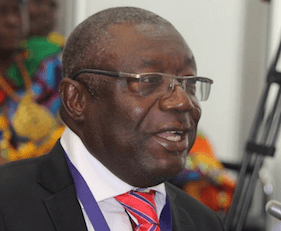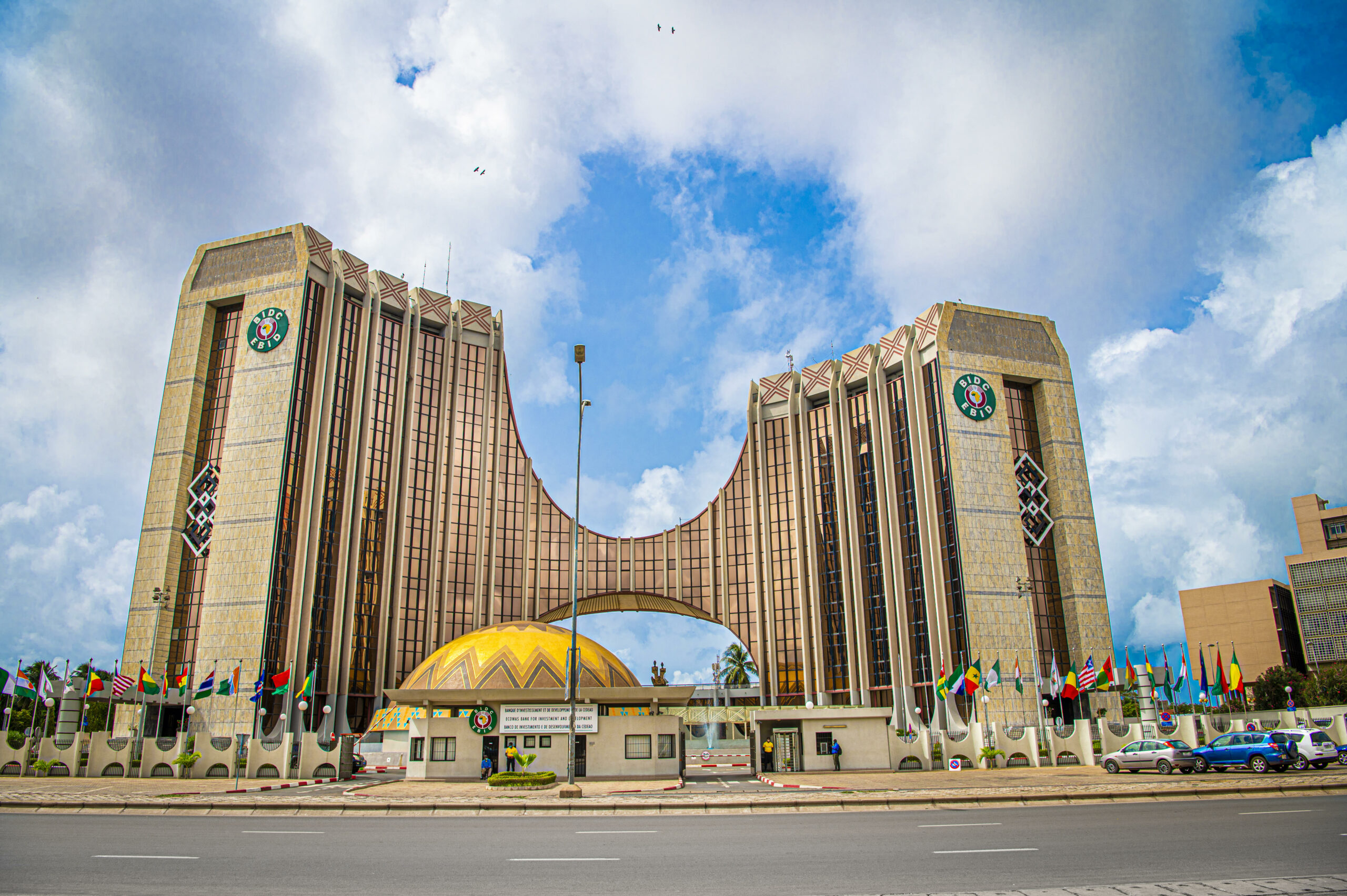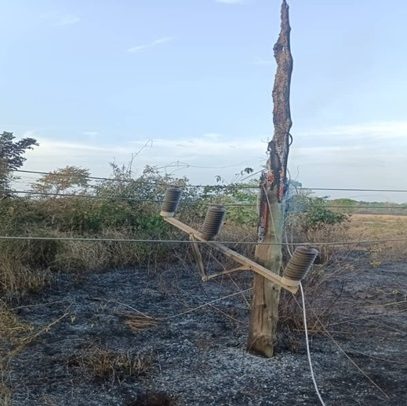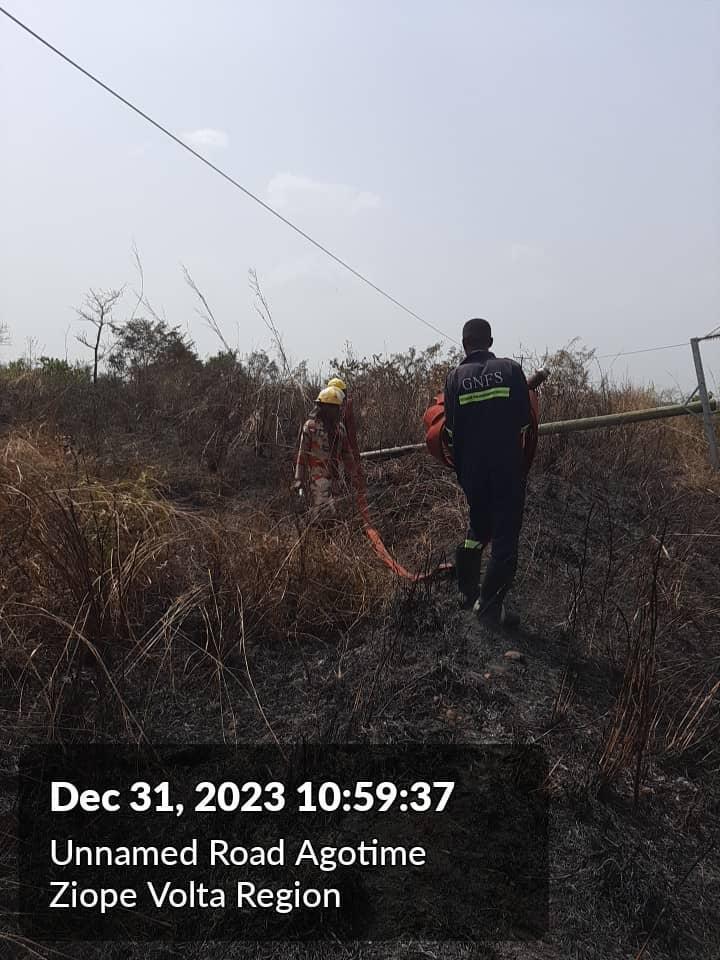
By Ebenezer Chike Adjei NJOKU
The domestic pension system requires refinements grounded in diversification, governance reform and professional management if it is to remain sustainable and deliver adequate retirement income for the country’s aging population, according to John Awuah, Chief Executive-Ghana Association of Banks.
Speaking at The Money Summit (TMS2025) 2025 edition in Accra, held under the theme ‘Optimising investment and pensions management: Strategies for sustainable retirement income and economic growth’, Mr. Awuah said the country must shift from its “heavy reliance solely on government securities” and restructure pension fund portfolios to reflect the economic realities of a more volatile world.
“The future of investment and pension management requires a fundamental shift in our approach to risk, diversification and governance,” he stated.
“We must embrace cooperative investments, build financial literacy and ensure professional management of our pension funds,” he added.
His remarks come in the wake of government’s infamous Domestic Debt Exchange Programme (DDEP) which significantly affected pension fund valuations, undermining investor confidence and drawing criticism from fund managers and contributors alike.
“As we have seen, the DDEP impacted confidence – particularly in their experiences – as pension funds experienced a significant reduction in their valuations,” Mr. Awuah said.
“The investor experience serves as a clinical learning course for the need of diversification,” he added.
The banker called for greater emphasis on alternative investments, noting that Ghana Stock Exchange (GSE) recently launched a Commercial Paper market for the first time – offering a viable alternative to government securities.
“Commercial paper offers a viable alternative to government securities with short-term fiscal returns and reduced exposure to the macroeconomic risks associated with government debt,” he said, adding that it could serve as a short-term liquidity management tool for pension funds.
Beyond commercial paper, Mr. Awuah identified private equity, real estate, infrastructure and renewable energy as promising asset classes that could better protect pensions from macroeconomic shocks and improve long-term returns.
The call for diversification was anchored in global precedent. Mr. Awuah cited the Norwegian Government Pension Fund as a benchmark example.
The US$1.3trillion fund, he said, “has adopted a diversified investment strategy that includes equities, real estate, private equity and infrastructure. This diversified approach has protected the fund from market fluctuations and also positioned it as a key player in the global investment landscape”.
He argued that Ghana could emulate aspects of this model by ensuring its own pension funds were professionally managed and strategically allocated. In particular, he urged reforms at the Social Security and National Insurance Trust (SSNIT), the nation’s largest pension fund, which has frequently faced criticism over its governance structure.
“We must at all times ensure that the Social Security and National Insurance Trust core leadership team is always fit for purpose and their term of office is not based on SOEs whose leadership tenure is coterminous with political leadership change,” he said.
“Pension fund managers must be held to professional standards that focus on professionalism, performance, transparency and long-term system management,” he further stated.
Mr. Awuah also pointed to the rising global pension gap – the unfunded liabilities of government-provided pensions, particularly for public employees – which the International Labour Organisation estimates will exceed US$400trillion by 2050.
Ghana, like many developing countries, faces a growing shortfall in retirement savings; with the average monthly pension payment still inadequate to cover basic living costs.
According to data from the National Pensions Regulatory Authority (NPRA), most pension assets remain concentrated in government debt instruments – limiting growth potential and exposing funds to sovereign risk.
The regulator allows funds to invest a maximum of 75 percent of AUM into Government of Ghana securities, with no more than 35 percent into money market instruments.
Corporate Bonds/Debt (including REITS, Mortgage and Asset Backed securities and debentures) have a cap of 30 percent. Ordinary shares and open/close-ended funds have a ceiling of 10 percent and five percent respectively.
Mr. Awuah argued that pension fund managers must begin allocating assets to sectors such as agriculture, green finance and housing development to support both investor returns and broader economic growth.
“By prioritising these alternative asset classes, pension funds in Ghana could see improved returns and better protection for our pensioners from market volatility,” he said.
This comes as some analysts have called for an increase of the five percent maximum allocation to offshore investments by pension fund managers.
Mr. Awuah also highlighted Ghana’s low levels of financial literacy as a structural challenge. Citing World Bank research, he noted that only 27 percent of Ghanaians are financially literate. “Without a strong understanding of how investments work, pensioners and retail investors will continue being vulnerable to making poor decisions that jeopardise their retirement savings,” he said.
To address this, he revealed that the Ghana Association of Banks is collaborating with the Centre for Financial Literacy and Education in Africa to raise awareness in schools, churches, hospitals and local communities.
The Association of Bankers CEO also called for a portfolio strategy that balances growth with accessibility, especially for retirees who require predictable cash flow and capital preservation.
“The days of chasing high odds at the expense of capital preservation are well over. We need to focus on assets that not only provide stable returns but also offer easy access in times of emergency,” he said.
The post TMS 2025: Enhance pension investment strategy to safeguard retirement incomes appeared first on The Business & Financial Times.
Read Full Story














Facebook
Twitter
Pinterest
Instagram
Google+
YouTube
LinkedIn
RSS